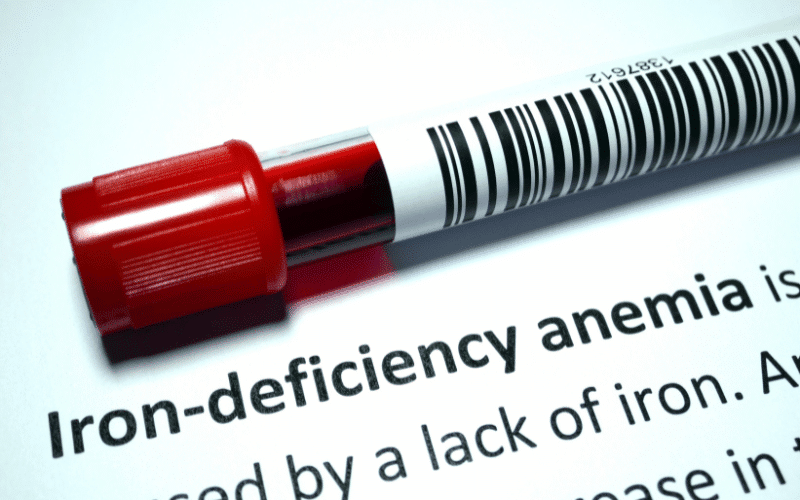Introduction: The Importance of Understanding Severe Anemia
Anemia is a common blood disorder that affects millions of people worldwide. In its milder forms, anemia can cause fatigue, weakness, and pale skin. However, severe anemia can have life-threatening consequences if left untreated. In this in-depth article, we will explore the top 10 causes of severe anemia, helping you understand the risk factors and how to prevent this debilitating condition. By becoming aware of these causes, you can take steps to minimize your risk and maintain your health.
Severe anemia occurs when your body doesn’t produce enough red blood cells, or the red blood cells it produces don’t function correctly. This leads to a decreased ability to transport oxygen throughout the body. This can cause a range of symptoms and complications. In some cases, severe anemia can be life-threatening, making it essential to recognize the causes and seek prompt treatment.
The causes of severe anemia are diverse and can include nutritional deficiencies, chronic diseases, and genetic disorders. To help you better understand this condition, we will delve into the top 10 causes of severe anemia. We will be discussing their origins, risk factors, and potential treatments. Armed with this knowledge, you can take steps to protect yourself and your loved ones from the dangers of severe anemia.
Cause 1. Iron-Deficiency Anemia: A Leading Cause

Iron-deficiency anemia is the most common form of anemia, and in some cases, it can become severe. This type of anemia occurs when your body doesn’t have enough iron to produce hemoglobin, the protein that carries oxygen in your blood. Common causes of iron deficiency include poor diet, blood loss, and an inability to absorb iron properly.
One major factor that contributes to iron-deficiency anemia is inadequate iron intake. This can be due to a diet lacking in iron-rich foods such as red meat, poultry, fish, beans, and fortified cereals. Vegetarians and vegans may be at an increased risk for iron deficiency. It is due to the absence of animal-based iron sources in their diets.
Another contributor to iron-deficiency anemia is blood loss. This can occur through heavy menstrual periods, injury, surgery, or chronic gastrointestinal bleeding from conditions such as ulcers or inflammatory bowel disease. In these cases, the body loses iron faster than it can be replaced through dietary intake, leading to anemia.
Malabsorption of iron is another cause of iron-deficiency anemia. Some people have difficulty absorbing iron from food or supplements due to conditions such as celiac disease, Crohn’s disease, or gastric bypass surgery. In these cases, iron supplements may not be sufficient to correct the deficiency, and other treatment options may be necessary. (1)